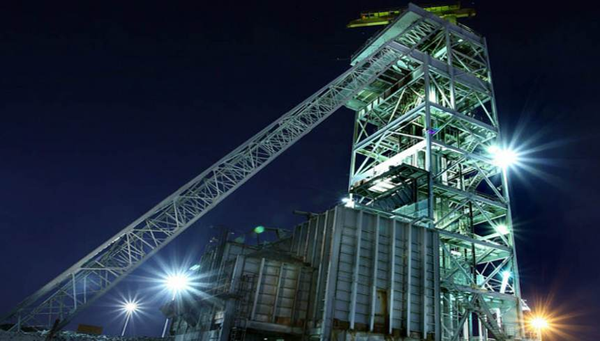

It is no secret that the South African mining industry is under severe pressure. While many economists were hoping for a softer landing this year, it seems as if it will take a miracle for this to happen.
I recently read two articles on News24 which highlights the pressure these companies are under.
Sibanye-Stillwater reduces Neal Froneman’s pay
The first article points out that following a big opposition from shareholders holding almost half of its shares last year and biting commodity prices that are causing the company to retrench employees, diversified miner Sibanye-Stillwater has reduced the remuneration of its chief executive by two-thirds during the past financial year.
The total executive remuneration bill has also dropped by R353 million as the company is trying to heed the protests of its investors and endeavours to balance the interests of all stakeholders.
The article adds that the total R55.6 million pay of Neal Froneman, the chief executive officer, was a third of the R190 million he was paid last year. Charl Keyter, the chief financial officer, received R25.6 million this year, down from the R86.4 million he received last year, also about a third of the previous year’s amount.
Sibanye spokesperson James Wellstead said the figures include total guaranteed pay, short- and long-term share incentives, which are linked to the price of the company’s shares and paid in cash.

Image By: Getty Images
Executive steps
The article points out that the group said it took “extensive steps” to engage shareholders, and not only the 47% who voted against the implementation of its remuneration policy last year. Another 17% of investors had voted against the remuneration policy itself.
Following the shareholder dissent, Sibanye-Stillwater’s remuneration committee undertook a further review of its pay structures and made several changes to address the concerns, said Tim Cumming, chairman of the committee, writing in the annual report that was published on Friday.
The article adds that total pay for ten Sibanye senior executives, including the CEO and CFO, was reduced to R235 million in the year ended December, from the R588 million paid a year earlier. The investor dissent was not the only factor resulting in the lower remuneration bill.
Massive restructuring
The article points out that Sibanye spent the better part of 2023 restructuring its operations and cutting jobs both in South Africa and in the US, where it produces platinum group metals from mines and recycling plants as the lower platinum price has cut into its already low margins. About 300 people lost their jobs at Sibanye’s operations in the US, two of them employed by contractors.
The article adds that, In February, Sibanye cut 2 153 jobs from its platinum group operations in Rustenburg and Marikana, including voluntary separations. In December 2 400 jobs were lost at its Kloof 4 gold shaft, which was shut.
In Mid-April, Sibanye said it was going through a Section 189 process at its Beatrix 1 and Kloof 2 gold mines where another 3 017 may lose their jobs. In total about 7 000 jobs have been affected by the restructuring to cope with lower commodity prices.

Image By: Implats
Implats could cut nearly 4 000 jobs
Another News24 article points out that Impala Platinum, the world’s second-largest platinum producer, said on Friday it has entered into retrenchment talks that could affect 3 900 jobs.
This would equate to a 9% cut in labour across its Rustenburg, Bafokeng, as well as Marula operations. It is also looking to cut corporate jobs as it looks to reduce head office costs by 30%.
“Platinum group metal (PGM) pricing has declined sharply since the start of 2023, which together with persistent inflationary pressures on input costs has resulted in significant pressure on profitability and cashflow across the entire PGM sector, our operations included,” CEO Nico Muller said in a statement, “Global macroeconomic uncertainty and rising geopolitical tensions present additional downside risks to industry sustainability. As a result of these pressures, the group has assessed and revised its business planning parameters and contemplated various measures to optimise operational efficiencies and resources.”
The article points out that a sharp fall in prices in 2023 weighed heavily on SA miners, with rhodium shedding about two-thirds of its value and palladium a third. This turned SA’s JSE-listed miners into some of the bourse’s worst performers, and, in the case of Implats, its share price halved.
It has also been contending with a buildup in stockpiles among automobile component manufacturers during Covid-19, with carmakers in turn battling with a global chip shortage, which was followed by Russia’s invasion of Ukraine. Implats is not alone in cutting jobs. Anglo American Platinum, the world’s largest platinum producer, announced in February it had initiated a process affecting 4 000 employees.
The Mystery Practitioner is an industry commentator focusing on the shifting dynamics and innovative thinking that BRPs and turnaround professionals must embrace to achieve business success.

